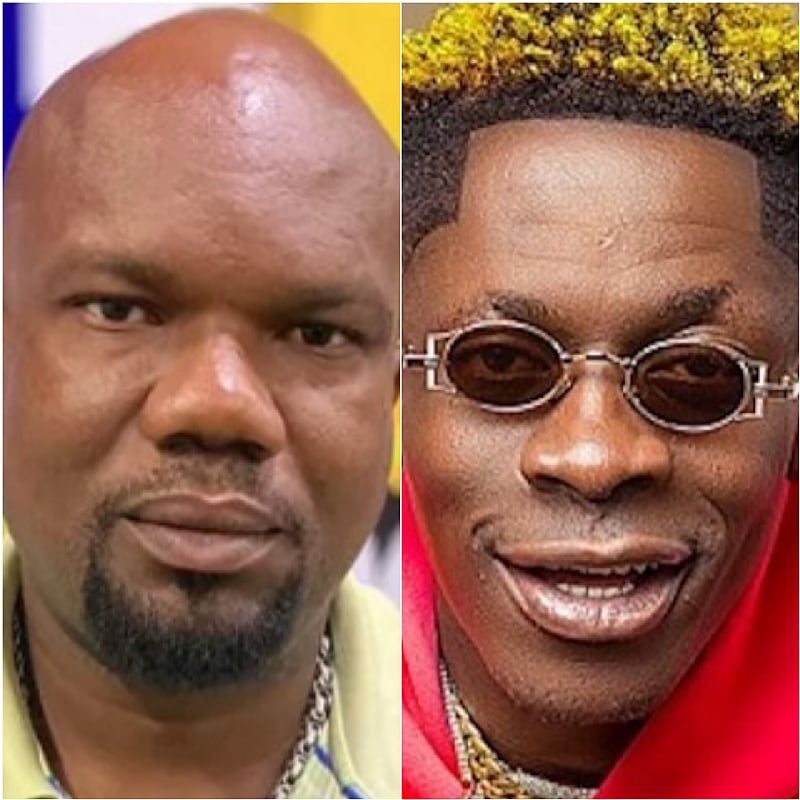The Ghanaian entertainment scene is once again buzzing with controversy, fueled by accusations of bias and unfair treatment towards dancehall artist Shatta Wale. Movie producer and Public Relations Officer for the Film Producers Association of Ghana (FIPAG), Mawuli Peter Ekpe, known professionally as Abro, has reignited the debate with his outspoken defense of Shatta Wale, claiming that pundits on the popular UTV entertainment program, United Showbiz, harbor a deep-seated dislike for the artist.
Abro’s accusations stem from his perception of the pundits’ discussions whenever Shatta Wale becomes a topic of conversation. He alleges that their commentary lacks objectivity and fairness, betraying a clear animosity towards the artist. Abro’s contention is that the pundits consistently portray Shatta Wale in a negative light, regardless of the specifics of the issue at hand. This perceived bias, he argues, motivates his staunch defense of the dancehall musician. Abro’s commitment to supporting Shatta Wale is unwavering, even if the artist himself were to request him to cease his advocacy.
The core of Abro’s defense rests on his belief that Shatta Wale is frequently subjected to unfair judgment and unwarranted criticism. He sees himself as a necessary voice speaking out against the perceived injustice directed at the artist. Abro’s public stance has ignited a flurry of reactions on social media, with opinions divided on the validity of his claims. Some agree with Abro, pointing to instances where they believe Shatta Wale has been treated unfairly by the media and entertainment industry. Others disagree, arguing that Shatta Wale’s controversial actions and outspoken personality often invite criticism, and that the pundits are simply expressing their opinions.
This latest controversy underscores the complex and often contentious relationship between Shatta Wale and his critics. Shatta Wale, known for his provocative lyrics and outspoken personality, has often clashed with media personalities and industry figures. His confrontational style has earned him both fervent supporters and staunch detractors. Abro’s vocal defense of Shatta Wale fits into a larger narrative of perceived persecution that the artist himself often espouses. Shatta Wale frequently portrays himself as a victim of a system designed to suppress his success and silence his voice.
Abro’s claims also raise broader questions about media objectivity and the potential for bias in entertainment commentary. While pundits are entitled to their opinions, the line between fair critique and personal animosity can sometimes become blurred. The ensuing debate often revolves around whether criticism is warranted and constructive or driven by personal agendas. In this case, Abro’s accusations suggest that he believes the pundits on United Showbiz have crossed that line, allowing their personal dislike of Shatta Wale to cloud their judgment.
The controversy surrounding Abro’s statements highlights the challenges in navigating public discourse about controversial figures. Determining the veracity of claims of bias can be difficult, as interpretations of fairness and objectivity are often subjective. The ensuing discussions, however, can serve as an important reminder of the need for responsible reporting and commentary, particularly when discussing public figures who are often subjected to intense scrutiny. The ongoing debate sparked by Abro’s remarks is likely to continue fueling discussions about the dynamics between artists, the media, and the public perception of fairness in the entertainment industry.














